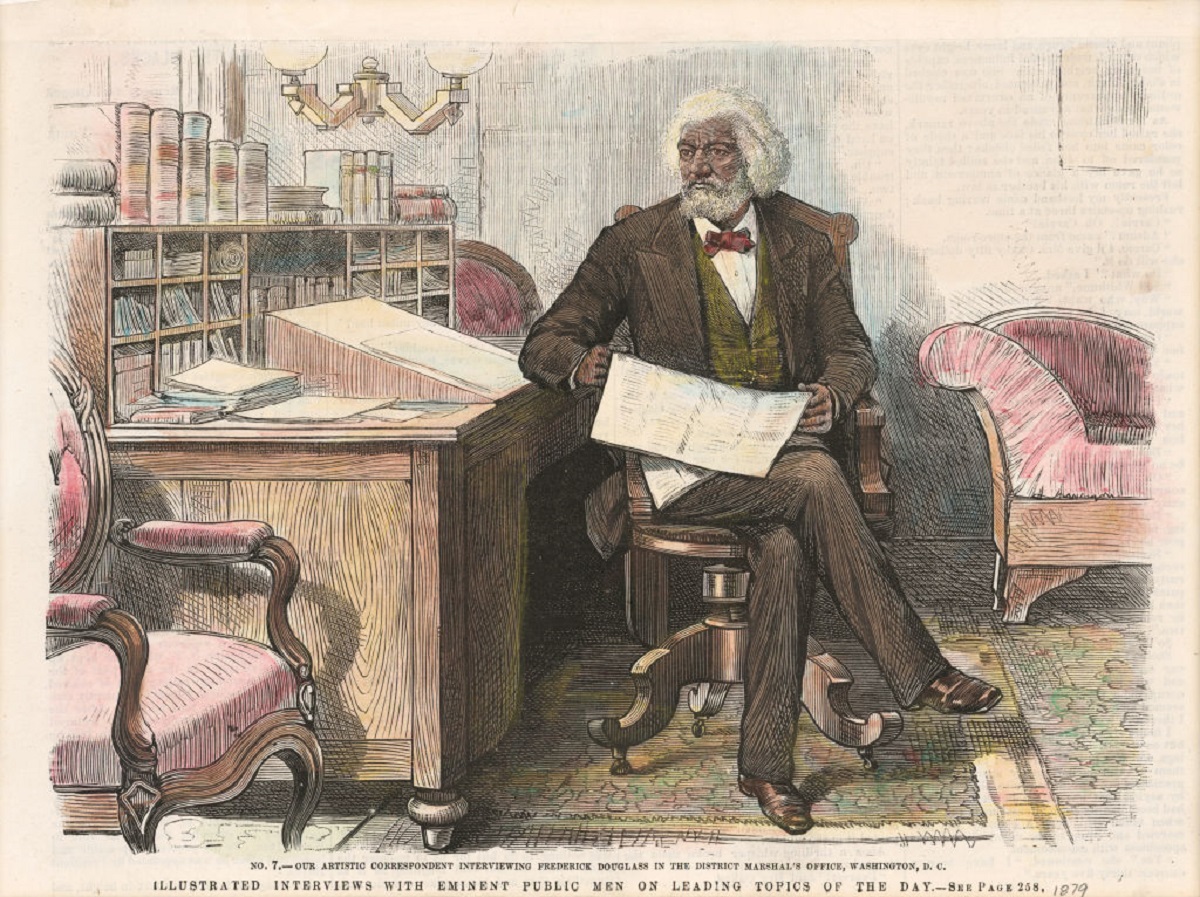One idea I had for a while was an African American science/economy wank.
The starting point would be the POD of „Children Of Fire: An African-American TL” with a more successful freedman bank as explained by its author Kooluk Swordsman:
„The POD I have set is that the Freedman's Savings and Trust Company (or simply Freedman's Bank) survives thanks to a perfect storm of good luck: Douglass is offered leadership earlier, the mismanagement isn't as deep or widespread, the company still has enough assets, yadda yadda. I'm not giving much specifics simply because there aren't many specifics on the company itself. However, the collapse of the Bank was a catastrophe for African-Americans on several levels -it wiped out nearly $3 million in savings (a giant amount for newly freed people) and created massive distrust of the financial system among African-Americans. It also thrust many blacks who were beginning to acquire financial security -including the Civil War veterans- back into poverty. Saving this bank will have great, great repercussions.“
But in addition I‘d like to explore some interesting black scientist of the time and give them a more commercially/scientific impactful role. For example:
Edward Alexander Bouchet (September 15, 1852 – October 28, 1918) was an American physicist and educator and was the first African American to earn a Ph.D. from any American university, completing his dissertation in physics at Yale in 1876. On the basis of his academic record he was elected to the Phi Beta Kappa Society. In 1874, he became one of the first African Americans to graduate from Yale College.
- Turn him into the Alexander Bell of this timeline including his own version of the Bell Lab but as an opportunity for smart black people as well.
George Washington Carver (c. 1864 – January 5, 1943) was an American agricultural scientist and inventor who promoted alternative crops to cotton and methods to prevent soil depletion. He was one of the most prominent black scientists of the early 20th century-
- Have him rediscover Mendel genetics or do something with hybrid-seeds.
Charles Henry Turner (February 3, 1867 – February 14, 1923) was an American zoologist and entomologist, educator, and comparative psychologist, known for his studies on the behavior of insects, particularly bees and ants. Born in Cincinnati, Ohio, Turner was the first African American to receive a graduate degree at the University of Cincinnati and most likely the first African American to earn a PhD from the University of Chicago.
- Have him follow up his OTL research into mammal behaviour theory upstaging Pavlov. About 13 years before Pavlov published a renowned paper on salivating dogs and the fundamental form of learning called classical conditioning, Turner published a report describing how he trained moths to flap their wings in response to whistling, revealing that they can hear pitch. “That very well may have been the first example of classical conditioning—certainly for invertebrates,” says Abramson, who published a biography of Turner in 2003.


